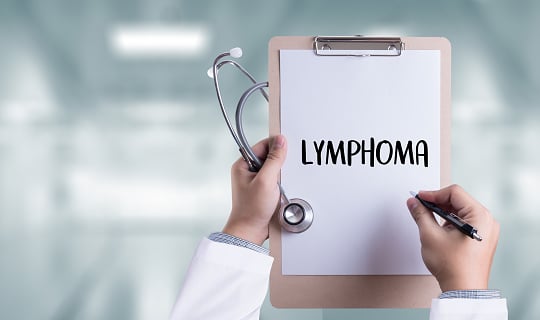
What is Lymphoma?
Lymphoma is a cancer of the lymphatic system which includes the lymph nodes, thymus gland, bone marrow and spleen. There are many types of lymphoma, with the main types being Hodgkin lymphoma and non-Hodgkin lymphoma.
According to the American Cancer Society, more than 8,000 new cases of Hodgkin lymphoma are expected to be detected in 2020 with nearly 1,000 people dying from the disease.
Non-Hodgkin lymphoma is more common than Hodgkin lymphoma. The American Cancer Society estimates more than 77,000 people will be diagnosed with non-Hodgkin lymphoma and nearly 20,000 will die from this cancer in 2020.
Symptoms for both Hodgkin and non-Hodgkin lymphoma are similar and can include:
- Swollen lymph nodes
- Weakness and fatigue
- Fever
- Sweating
- Weight loss
- Difficulty breathing and/or chest pain
- Rash
- Itchy skin
Hodgkin lymphoma is often diagnosed early and is considered one of the most treatable cancers. Non-Hodgkin lymphoma is typically not diagnosed until it has reached a more advanced stage. There are several treatment options for lymphoma patients, including chemotherapy, radiation and immunotherapy.
Experts say people with immune deficiencies, autoimmune diseases and certain chronic infections have an increased risk of lymphoma.
At UofL Health – Brown Cancer Center and in our Blood Cancers, Cellular Therapeutics and Transplant Program, a team of experts are focused on lymphoma. To make an appointment, call 502-562-HOPE (4673).









